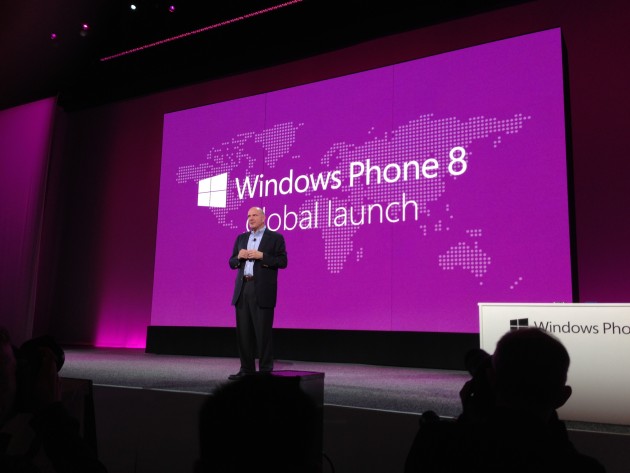
Rather than take on activist investor fund ValueAct Capital in a nasty proxy fight so soon after the announced departure of CEO Steve Ballmer, Microsoft has opted to allow ValueAct regular access to Microsoft management and directors, and even the option for ValueAct president Mason Morfit to join the Microsoft board.
According to an 8-K regulatory form filed with the SEC Friday, Microsoft agreed to the deal to prevent ValueAct from launching a proxy fight, talking smack about Microsoft or its management team and trying to pick up more than 4.9% of Microsoft’s common stock shares, among other stipulations.
Clearly Microsoft was looking to avoid the proxy fight more than anything, since ValueAct is currently managing an estimated $12 billion in funds, and 5% of Microsoft stocks is currently worth $14 billion.
ValueAct and Microsoft representatives have categorically denied that this move, oh-so-conveniently made just prior to the U.S. holiday weekend, is related to Ballmer’s announced 12-month departure, though that seems somewhat disingenuous. Ballmer’s intent to leave the company so soon after he and his management team had announced plans to realign the corporation into a “devices and services” company seemed more than a little strange, and many industry observers now suspect that ValueAct’s moves may have had at least an indirect effect on the timing of Ballmer’s departure.
Even if the two events are unrelated, the entrance of ValueAct as a player in Microsoft’s destiny will make a big difference now. The search for Microsoft’s CEO, for instance, will almost certainly happen sooner than later, as ValueAct, which represents the desires of many more high-level investors than just the holdings it manages, will want Microsoft’s stock to climb as soon as possible.
If anyone doubted that Microsoft wasn’t in trouble before, this deal with ValueAct should be the wake-up call. Never before has Microsoft had to worry about a proxy fight or the need to allow an activist investor group access to its management, much less a potential seat on the board of directors.
This will not be an easy road to travel. Microsoft, while a steady money maker in some sectors, such as software sales on the desktop and server markets, is not seen as a major innovator by the marketplace or business partners.
Innovation is the key driver for many investor’s decisions when they look at companies like Microsoft, Google, Oracle or IBM. It’s not just how much money the company is making now, but also how much the company can potentially make down the road.
No one can take away the fact that Microsoft is practically printing money from Windows and Office sales, but its innovative moves made on Windows in the last few iterations have been viewed as lackluster at best or complete flops at worst. Office 365 and the migration of SharePoint collaboration software to the cloud is all well and good, but Microsoft is moving software to the cloud that Google has already had there for some time.
In areas where Microsoft should be making strides in innovation, such as mobile, cloud and big data, its footprint is scarcely seen. Ironically, one of the technologies Microsoft is being very creative—Bing—is seen as a liability because it’s not generating profit.
It is doubtful that ValueAct will be as rough on Microsoft as activist investor Carl Icahn has been on Dell, but there are times of big change for Microsoft ahead, which could be a damper on short-term revenues as enterprises and smaller companies start to wait and see what will become of Microsoft.

0 Responses
Stay in touch with the conversation, subscribe to the RSS feed for comments on this post.